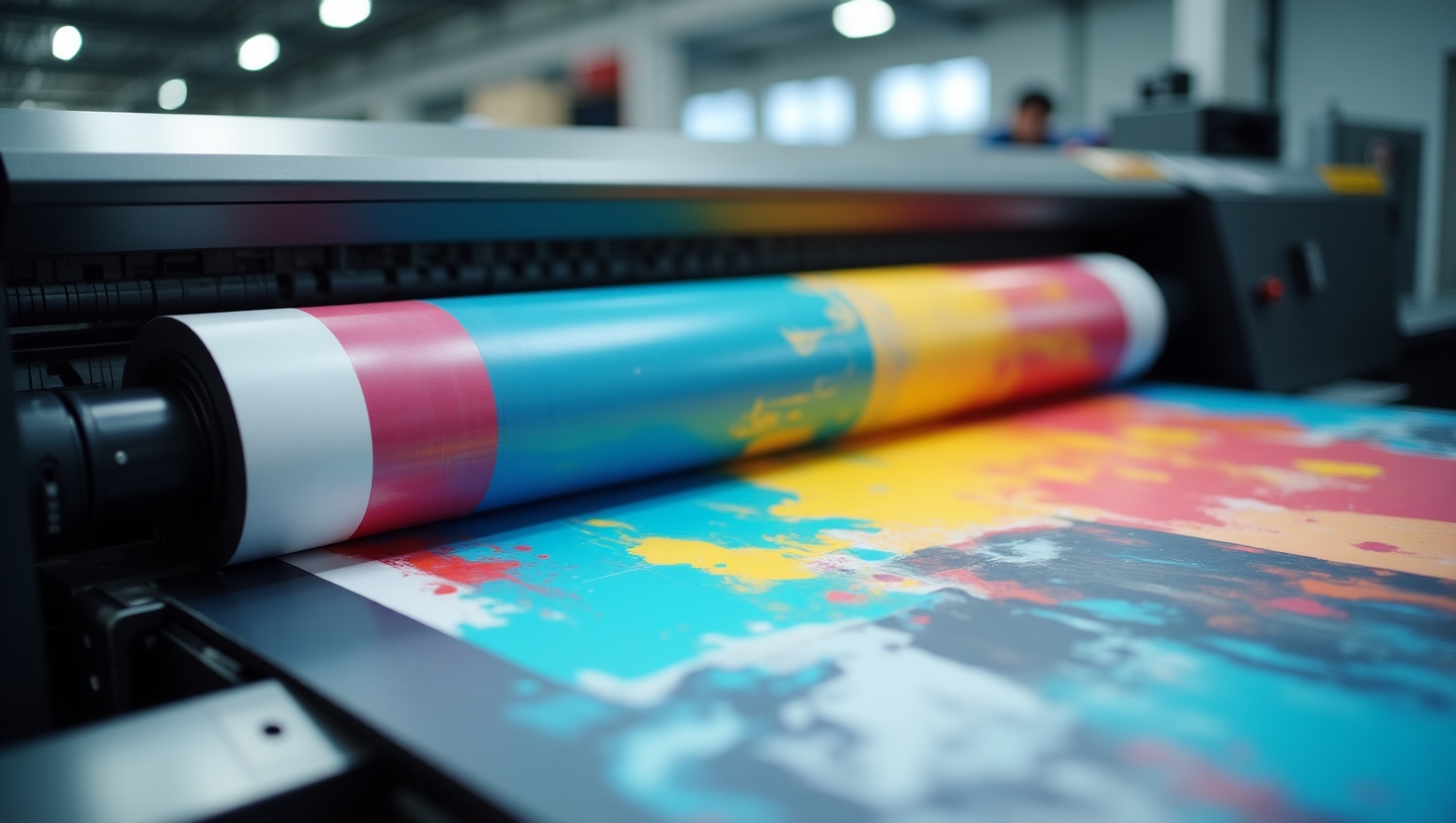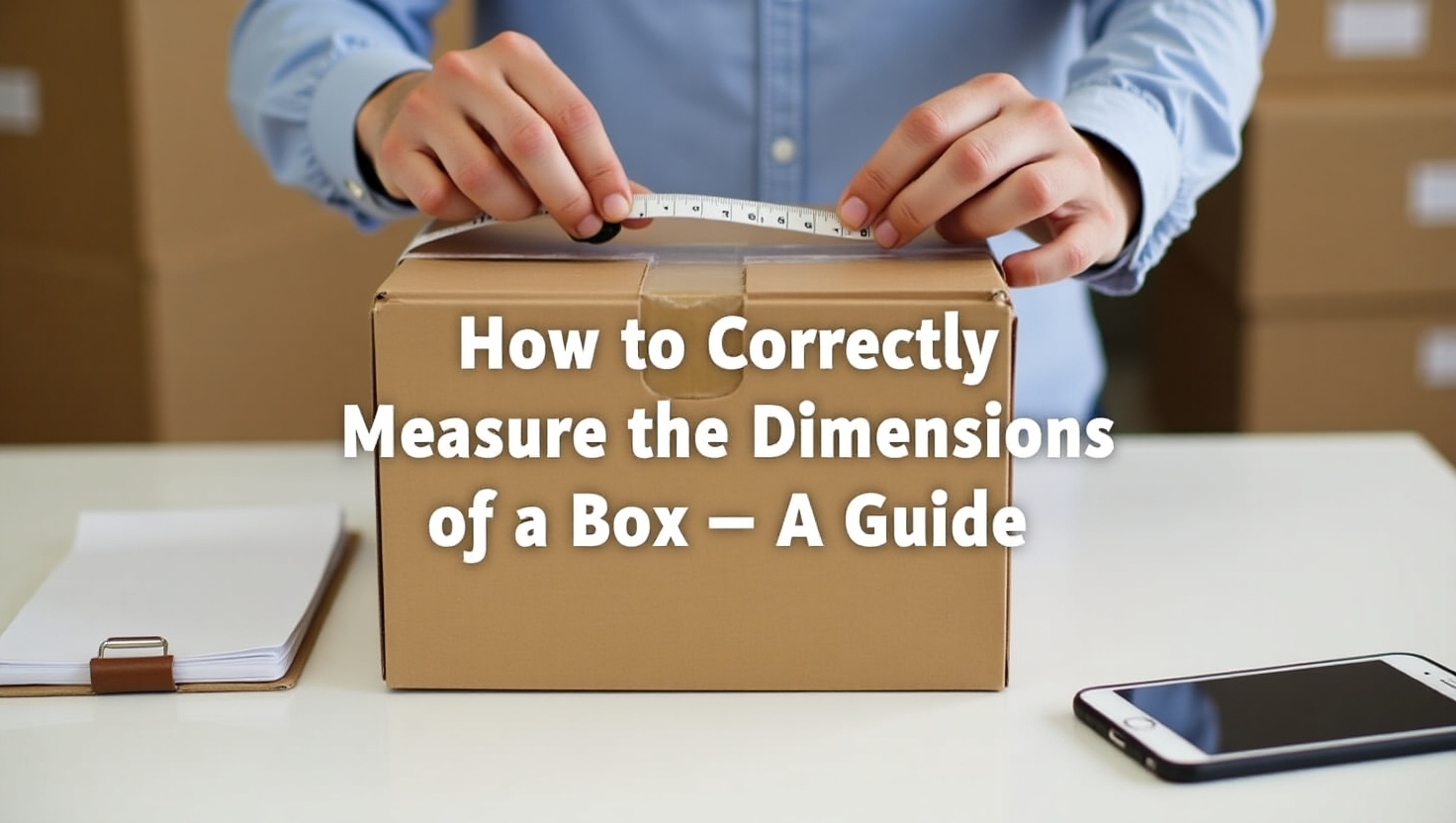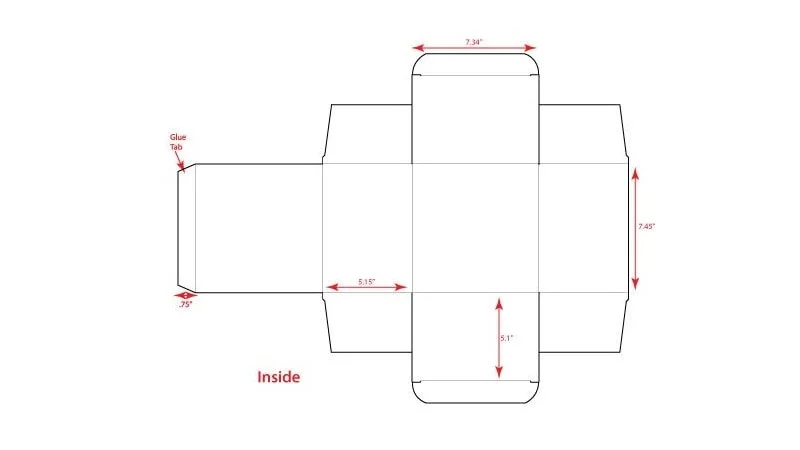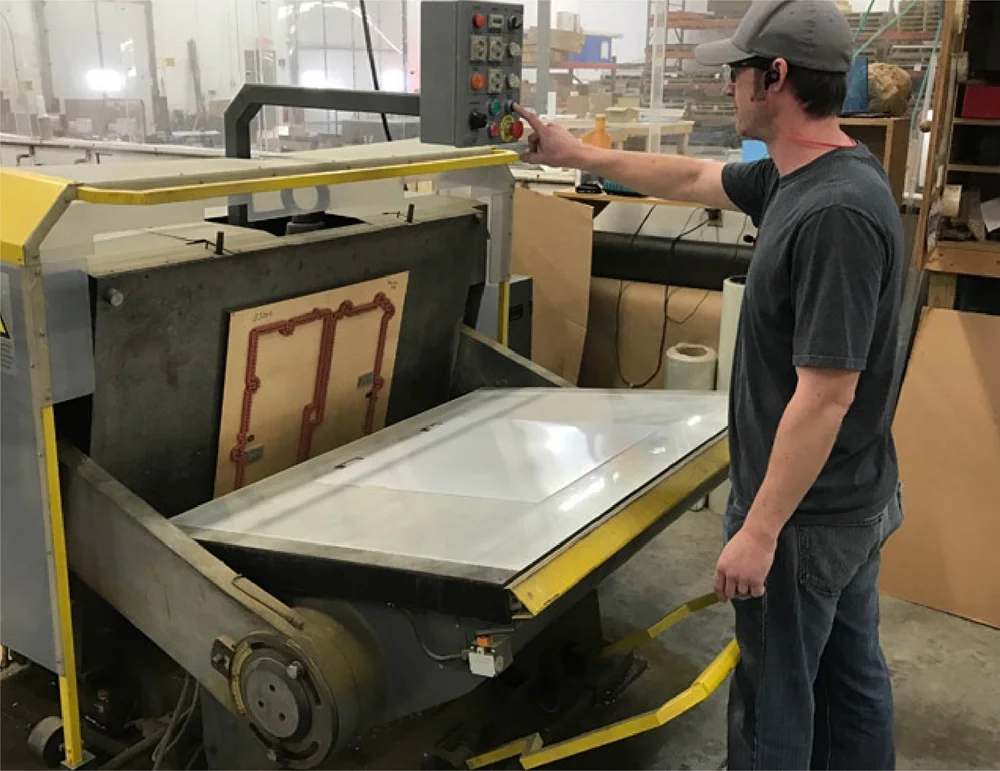Let’s be honest—if you’ve ever held a crisp business card or admired the smooth finish on a product box, you’ve likely experienced the results of offset printing, even if you didn’t know it. At D Custom Boxes, we’ve spent years using this technique to help businesses like yours stand out with stunning print quality.

But what exactly is offset printing? How does it perform? And why is it always one of the finest printing techniques, actually, in the age of digital everything?
Let’s split it down—no vocabulary, just transparency.
Offset Printing in a Nutshell
Offset printing is a tried-and-true retail printing process that has stood the test of time for over a century. It’s named “offset” because the inked image goes straight from the plate to the form; it first transfers to a rubber blanket, then to the paper.
Think of it as a two-step stamp. First, we “ink” a plate with your design. That design transfers to a rubber roller, and then we print it onto the paper or packaging material.

The result? Super clean, consistent, high-quality prints—exactly what you want on everything from custom boxes to marketing materials.
So… Why Use Offset?
At D Custom Boxes, we love offset printing for a few key reasons:
- Incredible quality – You get strong bars, rich hues, and that experienced finish customers value.
- Consistency – Whether you’re publishing 500 or 50,000 pieces, one looks identical.
- Cost-effective in bulk – The better you print, the lower the cost per unit.
This is why we often suggest offset printing for product packaging, tags, brochures, and engraved shipping boxes—anything where rate and character value are.
How Offset Printing Actually Works (Step-by-Step)
Let’s walk you through the process we use here at D Custom Boxes when we set up an offset print run for a client.

1. You Send Us the Design
You (or your designer) send us your artwork—maybe it’s a custom packaging design for a skincare line or a logo for your new coffee brand. We study it over, create sure it’s print-ready, and divide it into the four dyes used in the CMYK color model: Cyan, Magenta, Yellow, and Black.
Each of these gets its printing plate.
2. We Create the Plates
Using your artwork, we create thin metal plates—one for each color. These plates are etched with your design. Wherever the design appears, that part of the plate will attract ink. The rest repels ink and instead holds water.
Cool, right?
3. Ink Meets Plate Meets Blanket
Here’s the clever bit. Ink is applied to the plate, but it doesn’t touch the paper yet. Instead, the image transfers from the plate to a rubber blanket roller. This step is important—it helps the image stay super clean and even.
The rubber blanket then rolls over the paper (or cardboard, in our case) and prints the image.
4. The Paper Rolls Through
Now we’re cooking. The paper (or box surface) feeds through the press, completing each of the four color rollers—C, M, Y, and K—layering the shades one at a time.

By the end, you own a full-color, completely aligned picture or design, willing to dry, cut, and ship out.
CMYK vs. Spot Colors
At D Custom Boxes, we typically use CMYK for full-color printing. But if your brand has a very specific color—like a certain shade of blue—we can use Pantone spot colors. These are pre-mixed inks that deliver exact, consistent hues every single time.

It’s great for maintaining brand consistency across all your materials.
Offset Printing vs. Digital Printing
Here’s a question we get all the time: “Should I go offset or digital?”
Let’s compare.

| Feature | Offset Printing | Digital Printing |
| Best for | Large quantities (500+) | Small batches, quick turnarounds |
| Setup time | Longer (plates required) | Quick and easy |
| Print quality | Highest, especially for colors | Good, but less sharp in large areas |
| Unit cost | The cheaper, the more you print | Fixed cost per piece |
| Customization | Limited (same design per run) | Easy (variable text, images, etc.) |
If you’re ordering custom boxes or packaging in bulk, offset is usually the better choice. That’s why we often recommend it to our clients launching new product lines or rebranding.
Real-Life Uses at D Custom Boxes
Offset printing powers a huge chunk of what we create for our clients. Here are just a few examples:
- Luxury rigid boxes – Sharp logos, foil stamping, elegant detail
- Mailer boxes – Full-color, brand-focused design for e-commerce
- Custom product sleeves – A sleek, colorful wrap for retail products
- Marketing inserts and flyers – Vibrant colors that match your brand identity

Our clients often tell us that the quality of their packaging sells the product before it’s even opened. That’s the power of a good print.
When to Choose Offset (and When Not To)
Choose offset printing if:
- You need large quantities (500+ units)
- You want sharp, color-rich graphics
- You’re sticking with one consistent design
You might want to consider digital printing if:
- You’re testing out a design (like a prototype box)
- You only need a small batch
- You want each item to have unique details (like names, QR codes, etc.)
At D Custom Boxes, we offer both. We’ll help you decide based on your budget, timeline, and print goals.
Why Customers Love It
Here’s what some of our customers have said after switching to offset printing:
“The colors came out exactly like our mockups. We were blown away by the sharpness.”
– Emily T., Skincare Brand Owner
“It made our packaging look professional and polished, especially compared to our old digital prints.”
– Mark A., E-commerce Retailer

These kinds of results are why we always push for quality over shortcuts when it comes to custom packaging.
Final Thoughts: Is Offset Printing Right for You?
If you’re looking to boost your brand with business packaging that examines and judges tip, offset printing is a wise choice. It gives you the power, consistency, and experienced edge that consumers notice—and place.
At D Custom Boxes, we specialize in helping brands bring their packaging plans to life using the energy of balanced printing. From conception to fruition, our team handles it all—design, material sourcing, and expert print version.
Want packaging that turns heads?
Let’s talk regarding how offset printing can make your boxes unique.




